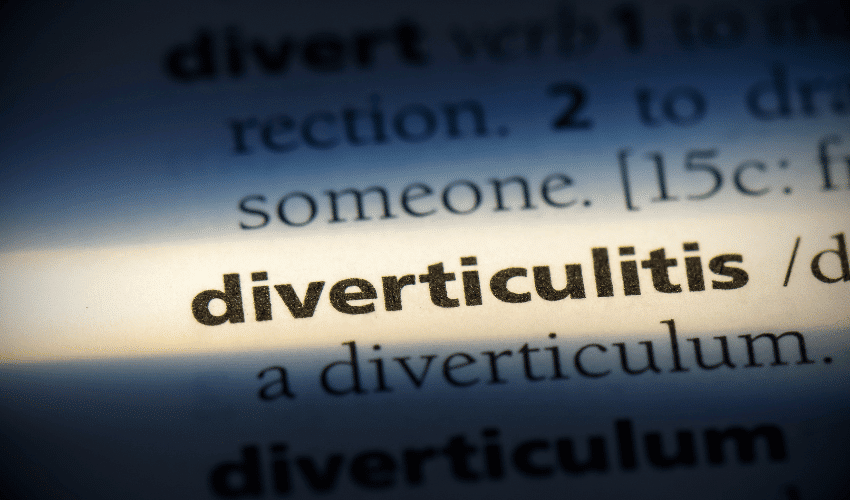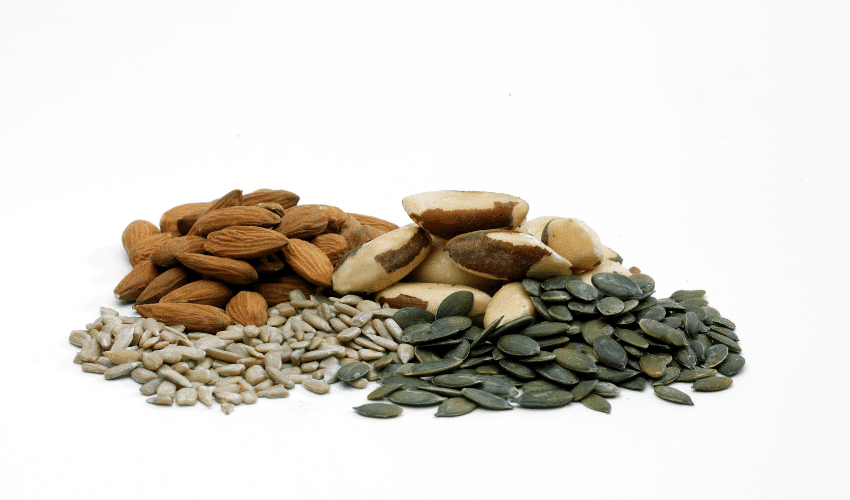Introduction: Navigating the Diverticulitis Diet

Living with diverticulitis can feel like walking through a dietary minefield. One wrong step, and you may find yourself dealing with painful inflammation and discomfort. That’s why it’s essential to know which foods to avoid and how to make healthier choices. In this article, we will delve into the top 10 worst foods for diverticulitis and provide insights into their impact on your gut health. We’ll also offer alternative food options to keep your digestive system happy and healthy.
Diverticulitis is a common digestive condition affecting millions of people worldwide. It occurs when small pouches called diverticula, which form in the lining of the colon, become inflamed or infected. This inflammation can lead to a variety of symptoms, including abdominal pain, bloating, constipation, or diarrhea. Proper nutrition plays a crucial role in managing this condition, as certain foods can aggravate symptoms and worsen inflammation.
The foods on our list may come as a surprise to some, as many of them are generally considered healthy. However, when dealing with diverticulitis, it’s essential to tailor your diet to accommodate your specific needs. By learning which foods to avoid, you can reduce inflammation, alleviate discomfort, and take control of your gut health.
In addition to discussing the worst foods for diverticulitis, we’ll provide you with practical tips on how to navigate social situations, grocery shopping, and meal planning while adhering to a diverticulitis-friendly diet. Our goal is to equip you with the knowledge and tools necessary to maintain your overall well-being while managing this condition.
1. The Seedy Situation: When Nuts and Seeds Spell Trouble for Your Gut

Nuts and seeds, once touted as the pinnacle of healthful snacking, suddenly emerge as a hidden adversary. Their bite-sized forms belie their ability to wreak havoc on your gut, masking their potential harm under a guise of crunch and savoriness.
In the microscopic maze of your colon, these small fragments from nuts can slip into the diverticula – tiny sac-like protrusions on the colon wall. Once inside, they may cause irritation and inflammation, worsening diverticulitis symptoms. Furthermore, some research suggests that certain types of nuts can alter gut bacteria, which could contribute to the overall discomfort.
From almonds to pistachios, no nut is off the hook. Even nut butters, despite their smooth consistency, might pose a problem for those with sensitive systems. Their high-fat content can lead to slower digestion and potentially increase the pressure on the colon, making diverticulitis symptoms more pronounced.
It’s an unfortunate farewell to these little nuggets of nutrition, but a necessary one. Your gut health should always take precedence. Fear not, though. Nut alternatives exist that can provide similar taste and texture without the potential for gut discomfort. Many with diverticulitis find that smooth seed butters, like sunflower or pumpkin, can serve as a safer alternative to nut products.
But remember, every body is unique. While one person with diverticulitis might tolerate certain foods, another might find them triggering. It’s a delicate dance of trial and error, but with careful observation and dietary modifications, you can find a balance that works best for you. (1)